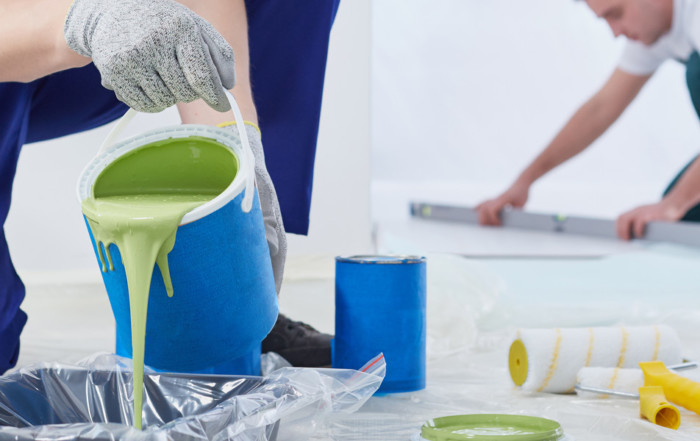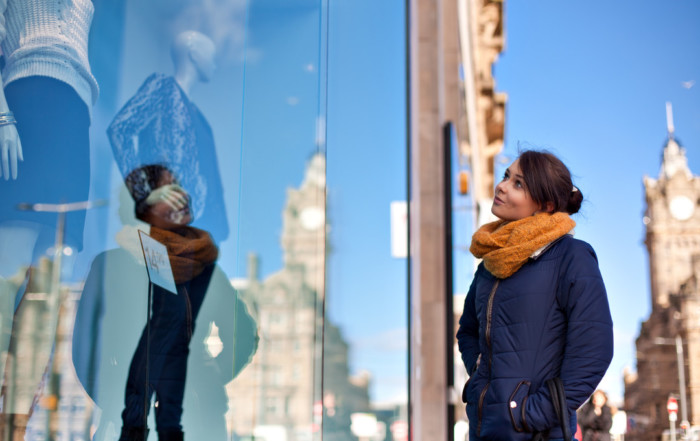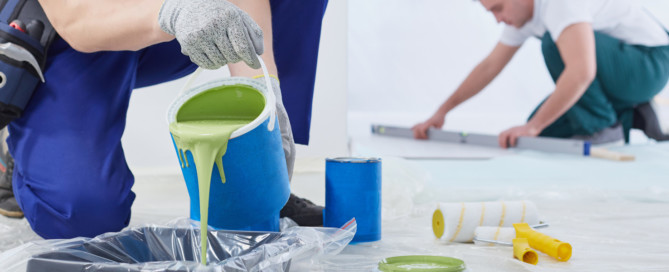Are Lego’s Green Projects Building Blocks for a Sustainable Future?
If you have ever stepped on a Lego brick, you know they’re virtually indestructible. For a product designed for children, that kind of durability is an undeniable advantage. But as the environmental impact of plastic pollution becomes clearer to consumers and manufacturers, Lego has begun to re-examine the processes that make their iconic product possible.
As a producer of plastic-based products, Lego has come under some intense scrutiny in the past. But today, their wave of sustainable initiatives shows their desire to play a role creating in the solutions of the future. They have designed plant-based Lego pieces, reduced their packaging and reached their goal of using 100% renewable energy. So how green is Lego today? Where will they be when they reach their own sustainability goal in 2030? And what further steps could be taken?
Turning a New Leaf
After a shipment of nearly 4.8 million Lego parts went overboard a container ship in a 1997 storm, pieces washed up in mint condition all around the world. It still serves as a reminder of the lasting effect plastic has on our oceans. And while what happened to the shipment wasn’t down to any error by The Lego Group, it did change perceptions. The company expressed its concern for the environment and focused on eliminating waste at its production sites which could potentially become marine litter.
A historic turning point for Lego came in 2014 when it ended its partnership with oil company Shell, which had been in place since the 1960s. Consumers played a key part in this decision, as they made it very clear that this was the move they wanted to see. Lego’s latest innovation is in line with this move away from fossil fuel. They have recently started selling Lego pieces made from plant-based plastic. Fittingly, it is their botanical pieces – leaves, shrubs and trees – that will be made from their new polyethylene sourced from sugarcane.
A Stepping Stone?
Lego has invested about 130 million euros and hired 100 people to search for new, sustainable materials. They have also introduced FSC certified packaging, and reduced the size of their packaging. Another 800 million euros were invested in wind energy. This enabled them to achieve their goal of 100% renewable energy three years ahead of schedule. Lego’s present goal is to replace the conventional plastic in their products with sustainable materials by 2030.
It remains to be seen whether bioplastics are the future for Lego. Polyethylene elements make up only 1-2% of the total amount of plastic elements produced by the Lego Group. At present, Lego’s iconic bricks can’t currently be produced in the same way, as bioplastics are too soft. It is true that manufacturing bio-plastic has a much lower carbon footprint than conventional plastic. Yet once it is produced, it is still just that – plastic. And while Lego can be recycled, most household recycling schemes don’t collect it. It is possible that bioplastics will turn out to be a transitional material. If Lego’s project for innovation of its materials is successful, perhaps bioplastics will be a mere stepping stone to an even more sustainable alternative.
Real Policies, Real Impact
Another milestone is Lego’s partnership with WWF, The World Wide Fund for Nature, which inspired a new focus on their supply chain. Lego realised that only a tenth of the total carbon emissions related to Lego products originates from processes taking place at Lego factories. They reached out to WWF, who helped them collaborate with their suppliers to reduce total carbon emissions.
By teaming up with a reputable environmental organisation, Lego is much better placed to reform its supply chain. It may be difficult for consumers to imagine a future for Lego that isn’t plastic, but by setting concrete goals and making the investments to achieve them, they are making real progress.








